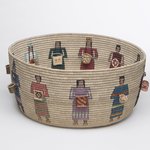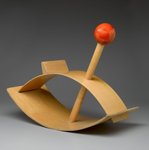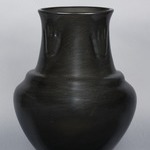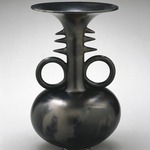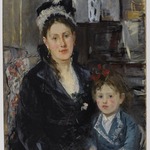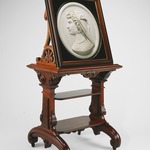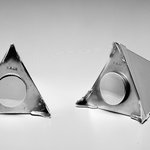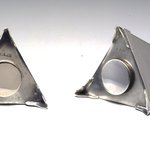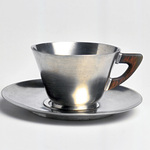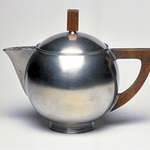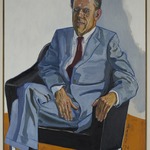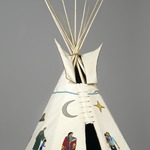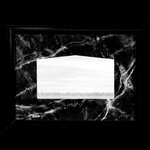Collection: Elizabeth A. Sackler Center for Feminist Art
FULL COLLECTION
Works by women in other areas of our collection
COLLECTION HISTORY
The Elizabeth A. Sackler Center for Feminist Art is an exhibition and education facility dedicated to feminist art—its past, present, and future. Among the most ambitious, influential, and enduring artistic movements to emerge in the late twentieth century, feminist art has played a leading role in the art world over the last forty years. Dramatically expanding the definition of art to be more inclusive in all areas, from subject matter to media, feminist art reintroduced the articulation of socially relevant issues after an era of aesthetic "formalism," while pioneering the use of performance and audiovisual media within a fine art idiom.
The Center's mission is to raise awareness of feminism's cultural contributions; to educate new generations about the meaning of feminist art; to maintain a dynamic and welcoming learning facility; and to present feminism in an approachable and relevant way.
The Center's 8,300-square-foot space encompasses a gallery devoted to The Dinner Party (1974–79) by Judy Chicago; a biographical gallery to present exhibitions highlighting the women represented in The Dinner Party; a gallery space for a regular exhibition schedule of feminist art; a computerized study area; and additional space for the presentation of related public and educational programs.
The Elizabeth A. Sackler Center for Feminist Art was established through the generosity of the Elizabeth A. Sackler Foundation.
The Center's mission is to raise awareness of feminism's cultural contributions; to educate new generations about the meaning of feminist art; to maintain a dynamic and welcoming learning facility; and to present feminism in an approachable and relevant way.
The Center's 8,300-square-foot space encompasses a gallery devoted to The Dinner Party (1974–79) by Judy Chicago; a biographical gallery to present exhibitions highlighting the women represented in The Dinner Party; a gallery space for a regular exhibition schedule of feminist art; a computerized study area; and additional space for the presentation of related public and educational programs.
The Elizabeth A. Sackler Center for Feminist Art was established through the generosity of the Elizabeth A. Sackler Foundation.
![Untitled (Guanaroca [First Woman])](https://d1lfxha3ugu3d4.cloudfront.net/images/opencollection/objects/size2_sq/2007.15_PS9.jpg)
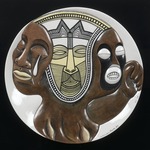
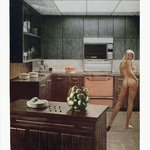
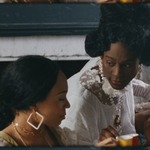
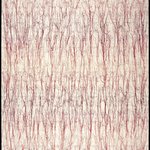
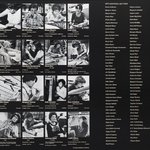
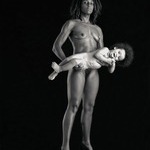
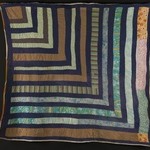
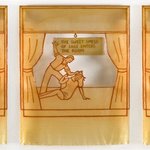
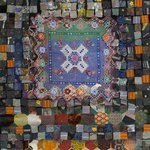

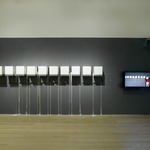
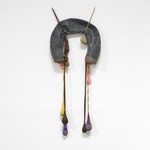
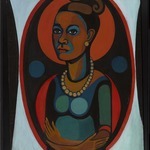
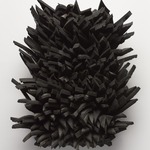
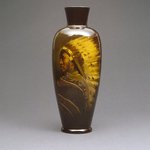
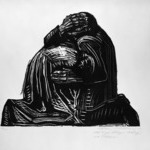
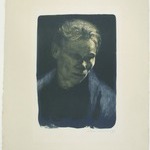
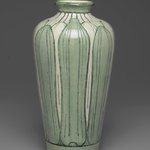
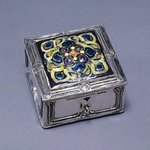
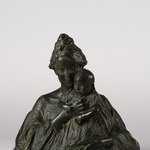
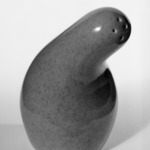
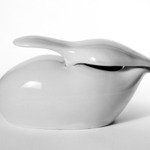
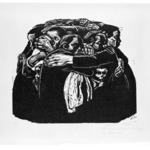
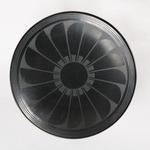
![Kachina Doll (Angwusnasomtaqa [Crow Mother])](https://d1lfxha3ugu3d4.cloudfront.net/images/opencollection/objects/size2_sq/2010.6.2_front_PS2.jpg)
